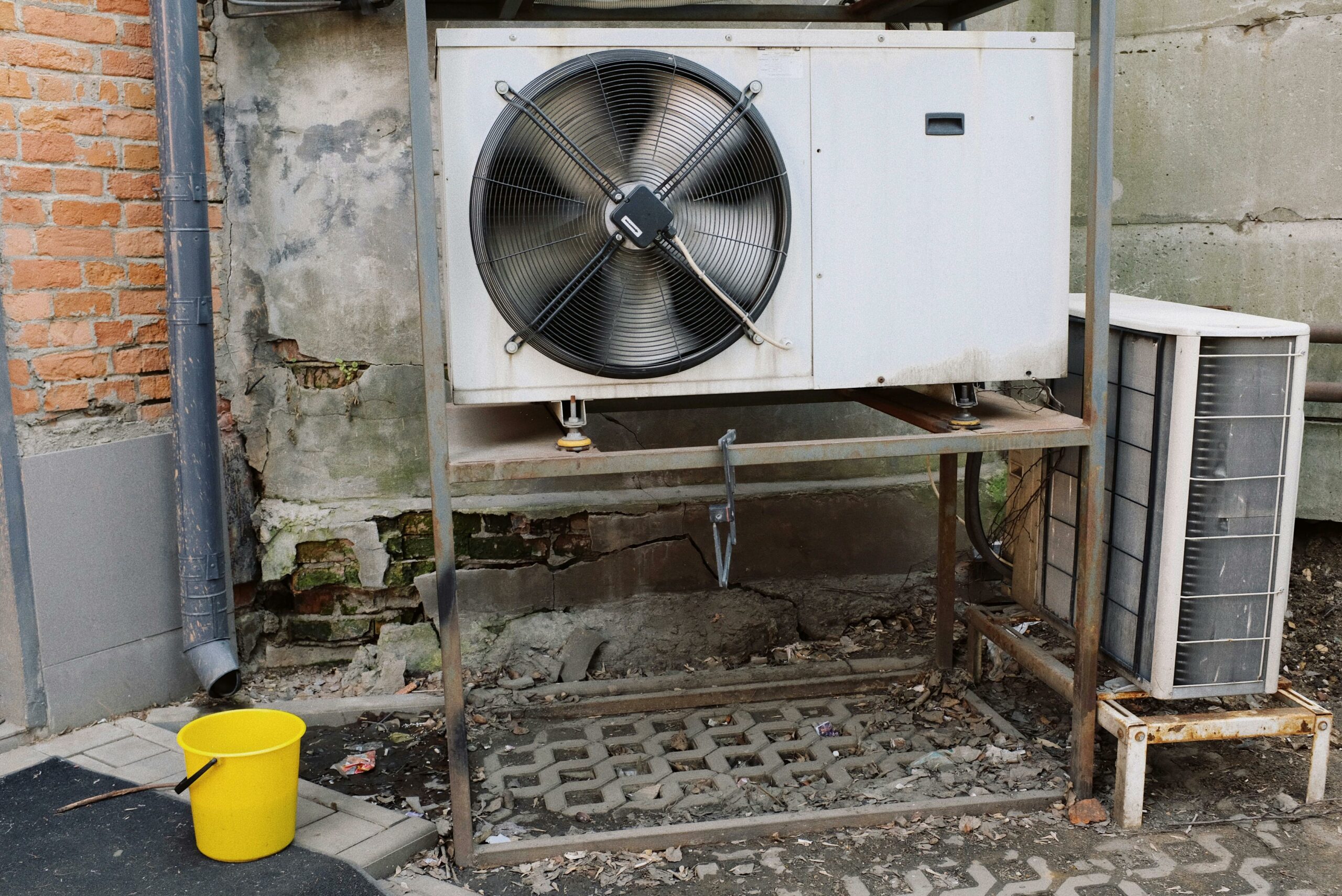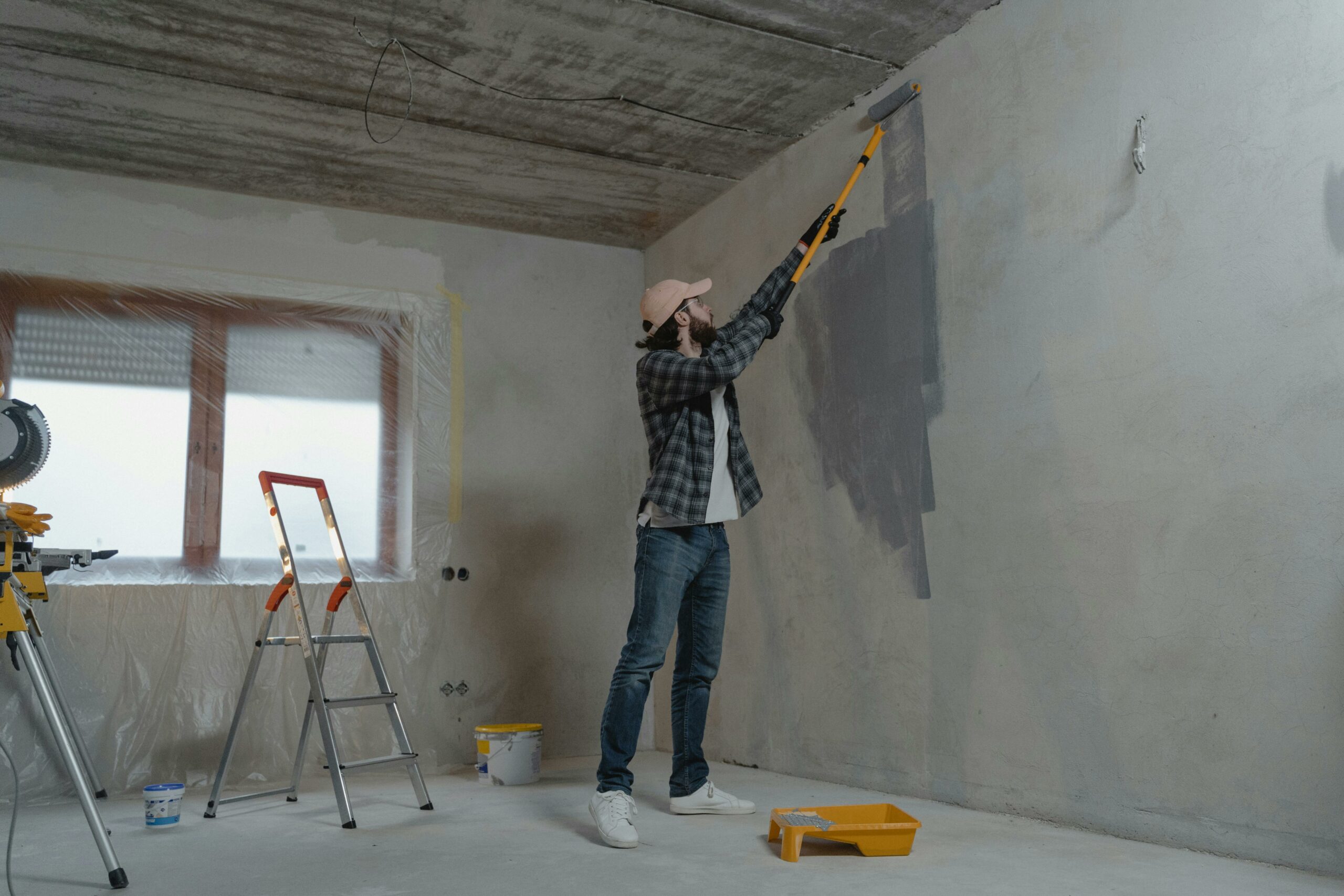Senior executives from NVIDIA, Siemens, and Teradyne Robotics recently gathered in Odense, Denmark to celebrate the opening of Teradyne Robotics’ new headquarters and discuss the latest advancements in the robotics industry. Odense, known as “the city of robotics,” is home to over 160 robotics companies and 3,700 employees, making significant contributions to the industry’s progress. Teradyne Robotics’ new hub in Odense includes Universal Robots (UR) and Mobile Industrial Robots (MiR), leading companies in collaborative robotics and autonomous mobile robots, respectively. The company aims to enhance collaboration among employees, foster innovation, and create a space for revolutionizing advanced robotics and autonomous machines.
The grand opening event showcased cutting-edge AI robotic applications and featured a panel discussion on the future of advanced robotics. The speakers included Ujjwal Kumar from Teradyne Robotics, Rainer Brehm from Siemens Factory Automation, and Deepu Talla from NVIDIA, who discussed the transformative impact of generative AI, simulation, and digital twins on the robotics industry.
As the global robotics market continues to expand rapidly, the panelists emphasized the importance of partnerships in driving innovation across all types of companies, from startups to enterprises. They highlighted the game-changing potential of advanced robotics and the role of physical AI in revolutionizing businesses and workplaces. The collaboration between NVIDIA, Teradyne Robotics, and Siemens was highlighted as a strong example of successful ecosystem collaboration, with NVIDIA providing AI hardware for accelerated computing in the cobot and AMR sectors, while Siemens focuses on transforming industrial automation.
AI has already made significant strides in various industries and is playing a crucial role in enhancing advanced robotics. By leveraging machine learning, computer vision, and natural language processing, AI enables robots to understand, learn, and make decisions autonomously. NVIDIA is working closely with Universal Robots to integrate AI into their software, while emphasizing the importance of scaling AI through industrialization for automated deployment and monitoring of models. Teradyne, as a leading robotics company, is collaborating with NVIDIA to solve industry problems and apply AI in the physical world to enhance the capabilities, intelligence, and safety of their robots.
Teradyne, NVIDIA, and Siemens highlighted the real-world impact of autonomous machines, emphasizing their role in improving efficiency, accuracy, and productivity across industries. Automation, powered by AI, is seen as a crucial tool for addressing challenges in manufacturing, such as variability, workforce availability, and sustainability. The panelists stressed the importance of AI and computing technologies in reshaping the robotics landscape, transforming robots into intelligent partners capable of autonomy and adaptability in various industries.
Source link















![The 15 Best Python Courses Online in 2024 [Free + Paid]](https://news.pourover.ai/wp-content/themes/jnews/assets/img/jeg-empty.png)








